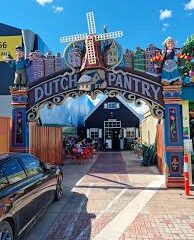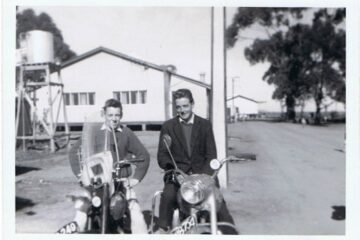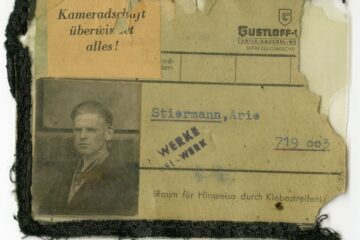Born: Zeist, Netherlands on 9 March 1946. Adrian is the oldest child in a family of seven children.
Migration: The family left for Melbourne, but disembarked in Fremantle, Western Australia (WA) on October 12, 1954. Adrian’s parent’s hoped migration would improve his father’s health (the fumes at the steel factory had impacted his lungs) and secure them a better life financially.
Resettlement: “On arrival in WA, we were sent to the Holden holding camp. We left the camp when dad landed a labourer’s job and house at the Tallanalla forestry settlement, near the town of Harvey.”
Religion: “Dad bought a car so we could go to church in Harvey on Sundays. As devout Catholics, we children attended the Harvey Convent which was a 52-kilometre daily round trip on the school bus.”
Discrimination: “In the 1950s, the people around us were at pains to make you feel that you were a foreigner. The Italians especially copped it. In Harvey many potato farmers were Italian.”
Dutch pride or assimilation policy? “Our father instilled pride in us in being Dutch. He would say, ‘make sure you manifest yourselves but blend into the background. Be proud, but don’t say anything that will make you stand out….Pas je aan…(fit-in) don’t make waves’ was his constant reminder. Also, always do your very best and, at all costs, try to adapt. His attitude and the Australian government’s policy to assimilate, resulted in me speaking with a real ‘ocker’ accent, whenever I thought it appropriate.”
Career: “When I started work at 16, I also began night school courses in radio and electronics. In 1967, my education got me the job of senior technician at Port Hedland airport which I loved. However, in 1968, I was called out to a dreadful air crash on Indee Station in spinifex country 50 km South of the airport, in which there were no survivors.”
Grand Tour: “In June 1970, I decided to take a year’s leave without pay to overcome the impact of the crash and embark on the Grand Tour, starting, as was fashionable in London. I also travelled around Europe, working in Germany when my funds needed topping up. I avoided the Netherlands fearing they would make me do military service. The Netherlands did not recognise Australian citizenship if recipients were naturalised before they turned 16 like I had been.”
Love Story and Return: “In 1972, I met Tonny (Antonia) Oosterhout in London. Some months later, I went to see her in the Netherlands. We were married in 1978 and have three children. Tonny really hated the Western Australian heat but it was the fact that Australia didn’t recognise her law qualifications, whereas my aviation qualifications were sought-after in the Netherlands that made it easy for us to choose for the Netherlands. I had no trouble getting a job in aircraft maintenance at Schiphol airport. I am quite sure I would never have accomplished what I did in the Netherlands in Australia, not just career-wise, but also having culture in my life. I love museums and classical music and both are in abundance here.”
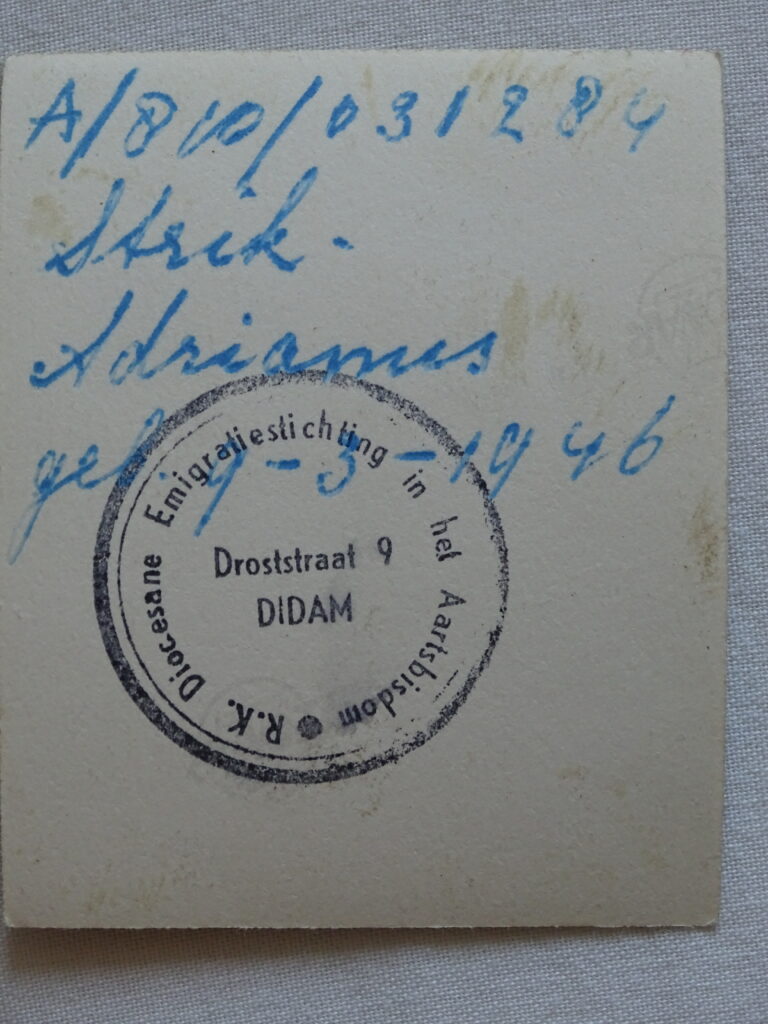
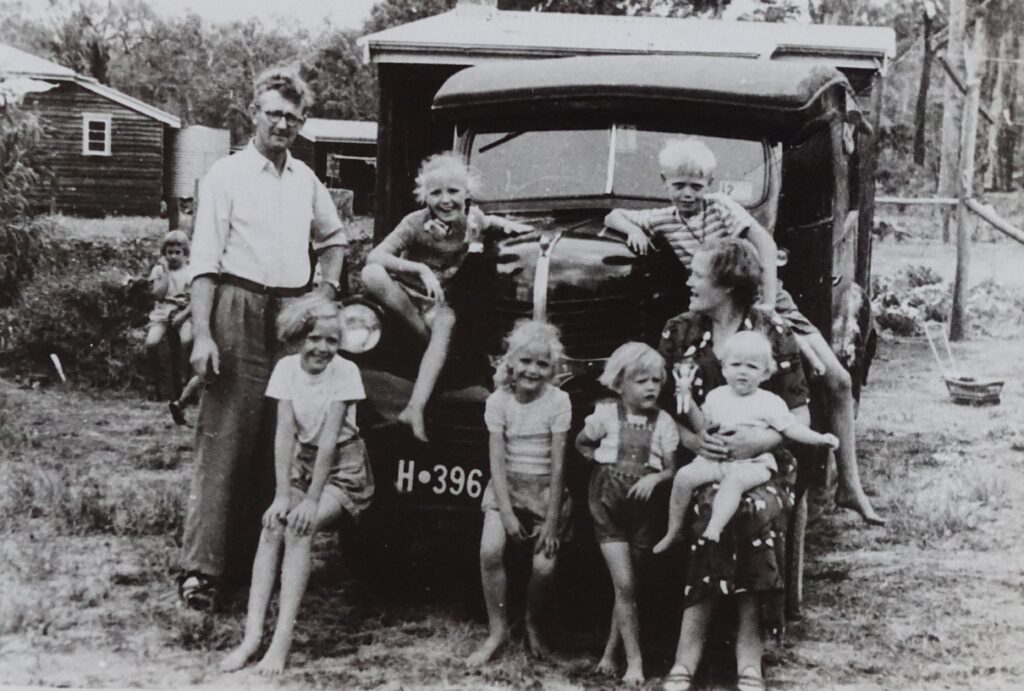
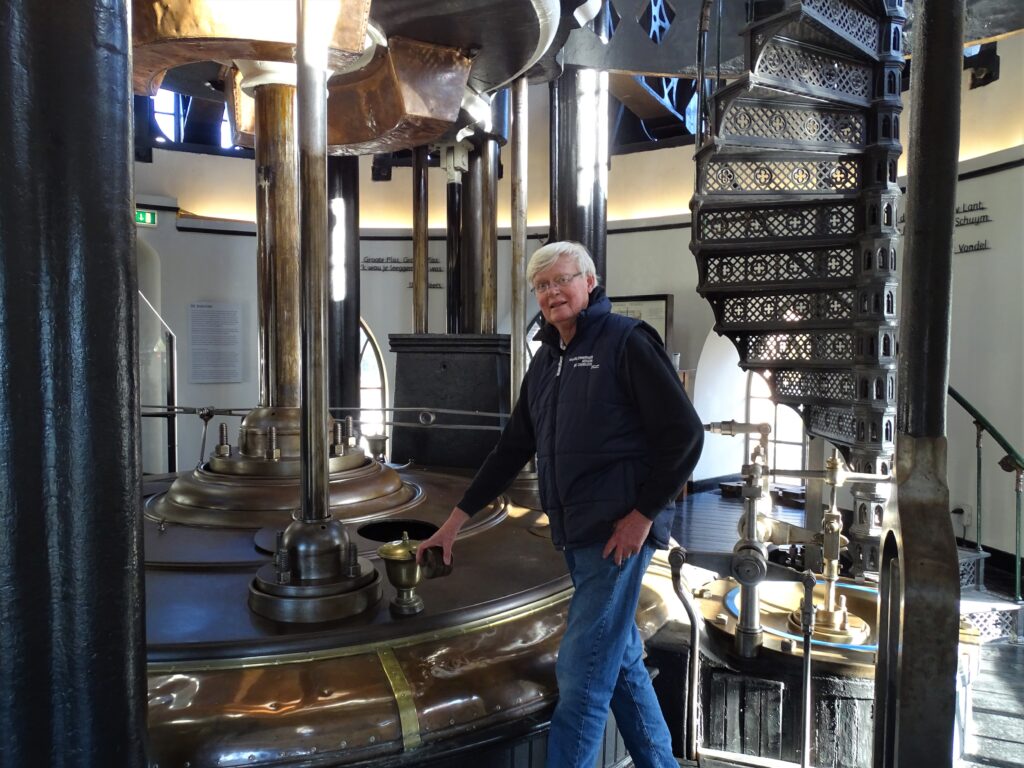
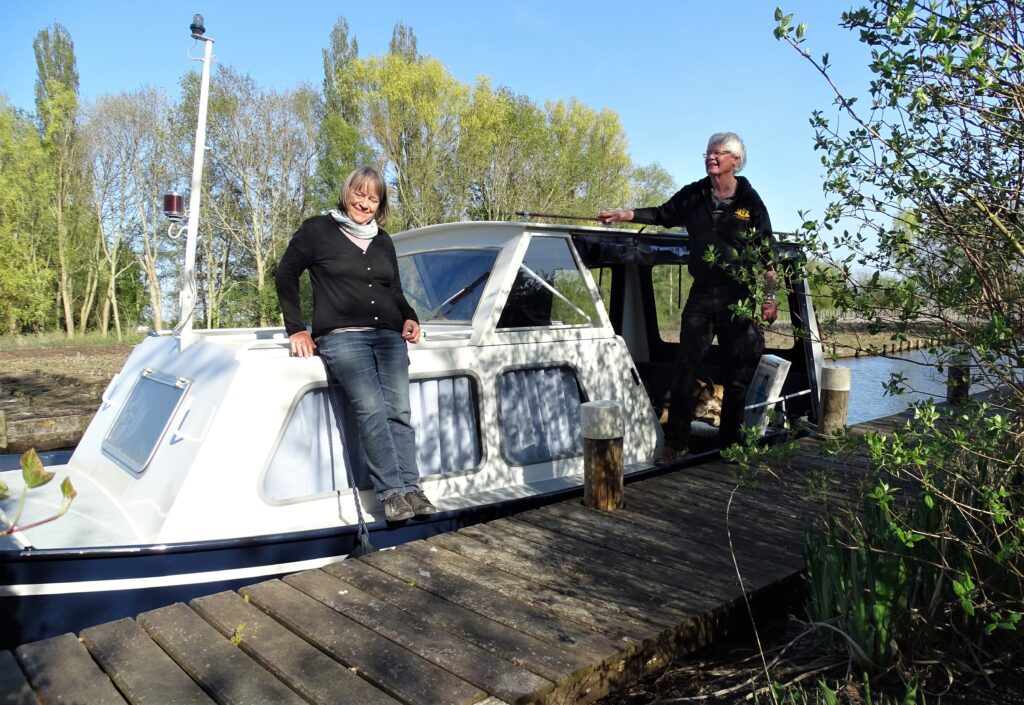
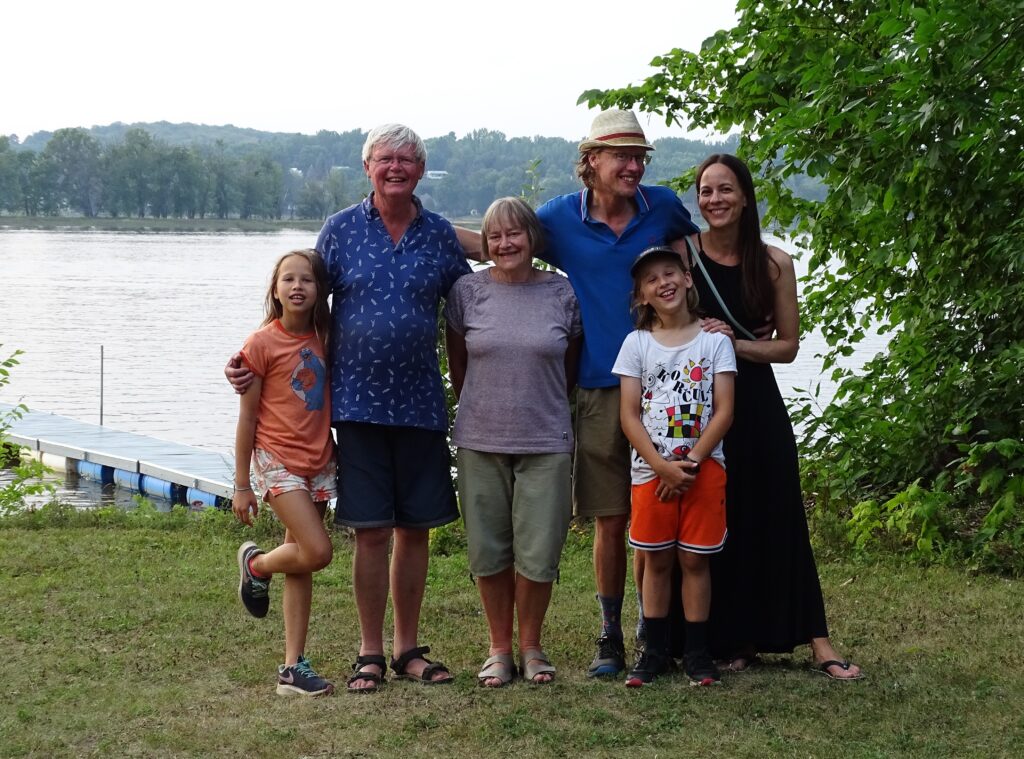
Adrian’s story is part of the Australia Netherlands People Moving Stories Exhibition.
